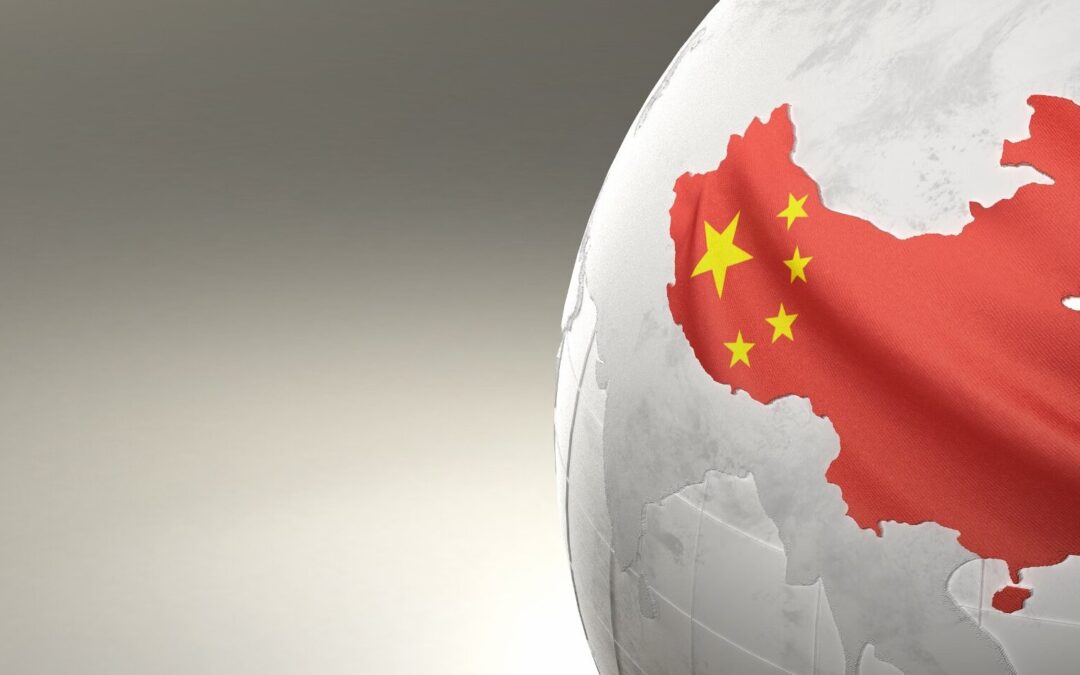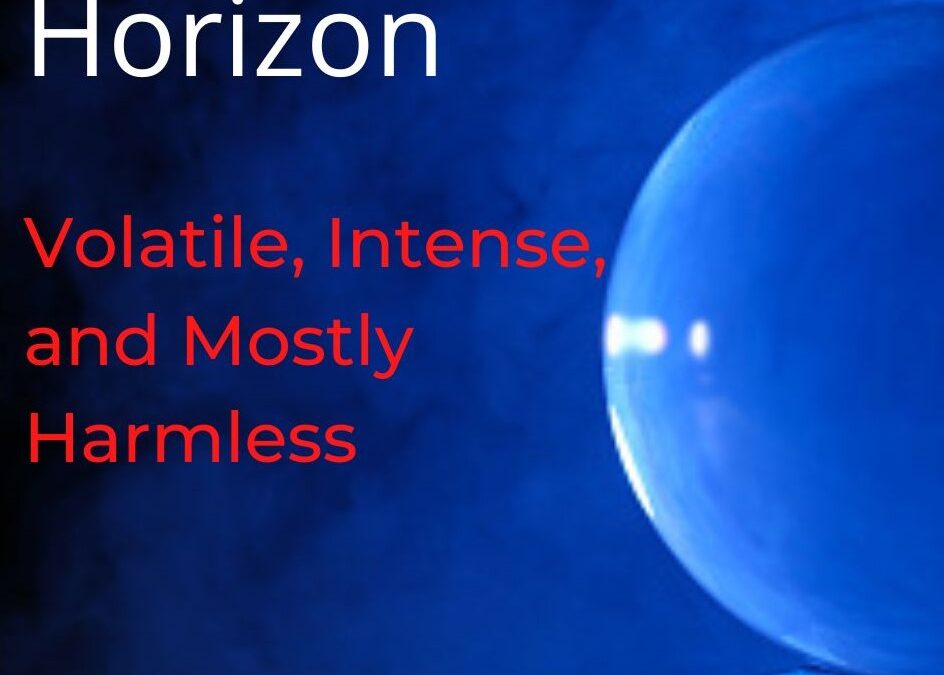
by Nicholas Mitsakos | Artificial Intelligence, China, Economy, Globalization, Innovation, Investment Principles, Technology, Transformative businesses, Writing and Podcasts
Chairman Xi faces more significant problems than just a declining stock market. Future prosperity, innovation, and China’s global position in advanced technologies are at stake. Bureaucratic regulation and central government money are not the answer, and an uncomfortable truth for communist bureaucrats is that a free market, access to venture capital and private equity, and vibrant public markets are essential for China’s success. A volatile market is still best at attributing value and allocating capital over time. China’s entrepreneurs have brilliance, incomparable fortitude, and a strong work ethic, but without capital and liquidity for that capital, the ship will run aground. Permanent capital is essential for the growth of an economy, innovation, and prosperity. Liquidity is essential for that capital.

by Nicholas Mitsakos | Artificial Intelligence, Book, drug discovery, Economy, Financial Technology, Green Energy, Transformative businesses, Writing and Podcasts
AI as a powerful tool under human direction, not an autonomous entity with consciousness or emotions. It examines artificial intelligence’s opportunities, limitations, and risks while giving a reality check to the hyperbole and fears.
The first and most crucial principle in understanding AI is recognizing its inherent nature as a tool, a creation of human ingenuity designed to augment, rather than replace, human intelligence. AI systems, at their core, are complex algorithms capable of processing and learning from data at a scale and speed unattainable by human cognition.
However, it is an unprecedented, powerful tool that can permeate every aspect of society, industry, and human ingenuity globally. Its impact can be equivalent to Prometheus giving humans the gift of fire.

by Nicholas Mitsakos | Economy, Green Energy, Science, Technology, Transformative businesses, Writing and Podcasts
In crisis there is opportunity. The infrastructure of modern society – utilities, telecom systems, energy systems, highways, and other components – is essential for global economic development, unavoidable, demanded by many, poses seemingly insurmountable obstacles, and is poised at the edge of transformational change. Emerging economies need a range of basic infrastructure and services, especially in fast-growing cities – now becoming megalopolises. They will not wait for a “green future” to develop. Carbon footprint reduction is not a priority and is independent of emerging economies’ government policy. On top of this, developed economies are not done building and increasing energy usage. Aging essential infrastructure, such as bridges and water utilities, needs upgrades. The move toward a greener global energy future, and a more advanced and digitally connected society, needs to be built. Domestic energy development, energy security, affordability, fossil-fuel-based infrastructure, and other infrastructure development will be part of the global energy mix for decades. It is another example of private markets drawn to attractive investment opportunities to increase efficiency, lessen carbon footprints, and lead to independence and security. It’s all about economics, profits, global opportunities, and private capital enabling fundamental change. Governments can talk, and people can whine, but the capitalists will make the real difference. That’s how the world changes; it has always been this way.

by Nicholas Mitsakos | Economy, Globalization, Innovation, Public Policy, Writing and Podcasts
Open markets, free global trade, and limited state interference lead to greater shared prosperity. Heavy-handed Industrial policy and state intervention impede progress. It’s the economy and inequality, trade imbalances, are not what drive shared global wealth. Industrial policy, restricted trade, government subsidy, and overall intervention are challenging to get right, and hoping to achieve multiple goals simultaneously. One subsidy does not tackle climate change, boost industrial and economic growth, or enhance security. It is bound to fail. Time to revisit how things actually work through incentives to innovate, sensible economic models, prosperity, and wealth creation. No other mechanisms drive change or address the world’s most critical issues.

by Nicholas Mitsakos | Book Chapter, China, Economy, Globalization, Public Policy, Trade, Transformative businesses, Writing and Podcasts
Isolationism, fragmentation, and pessimism always fail. Globalization has been everyone’s favorite punching bag for a while. It is hard to feel optimistic about its prospects. However, globalization has a better future. If you are a fan of globalization, cooperation, and comparative advantage, the last decade has been extremely challenging. Ten years ago was a time of optimism on a global scale. However, economic and geopolitical forces have combined to add friction and fragmentation to global exchange. The benefits are now even greater and with everyone’s self-interest and mutual benefit, this geopolitical stalemate will pass – more quickly than is commonly thought today. Cooperation, integration, and mutual benefit win in the end. It is a time to be optimistic once again.

by Nicholas Mitsakos | Book, Book Chapter, Economy, Innovation, Investment Principles, Public Policy, Science, Technology, Trade, Writing and Podcasts
Zero-sum thinking has begun. Despite comparative advantage, mutual cooperation, and specialization proving indisputably more beneficial than any other approach to economic interaction, this ideal is under threat. Rules and norms for economic integration lifted hundreds of millions of people out of poverty, created an order-of-magnitude increase in the average wealth of the Western population, and benefited countless hundreds of millions enabling a way of life otherwise unimaginable post-World War II. Now that system is under threat as developed countries subsidize alternative energy, attract manufacturing via expensive subsidies, and restrict the flow of goods and capital. Mutual benefit is out; national gain is now the highest priority. In other words, stupidity and zero-sum thinking have taken over. A handful of bureaucrats, regardless of how brilliant each may be, can never equal the mind of the market. Management and control usually spell disaster eventually. Managed focus on technological development for products and services the central government believes have greater substantial benefit to the overall society may not be calamitous, but the law of unintended consequences has not been repealed. It will be inefficient, substandard, and create potentially dangerous side effects. Innovation, creative freedom, and unstructured thought are essential components to the development of any technology of substance and disruptive benefit.

by Nicholas Mitsakos | Artificial Intelligence, Biotechnology, Book, China, commodities, Digital Assets, Economy, Financial Technology, Public Policy, Russia, Technology, Transformative businesses, Writing and Podcasts
This book explores the next decade’s more frequent and intense economic, geopolitical, fiscal, and market volatility, technological innovation, disruption, and hype.
Long-term opportunity exists, and this book uses a 10-year horizon as a surrogate for a long-term perspective. Some of the world’s most important industries are being disrupted, especially finance via digital assets and Blockchain-based businesses, life sciences via gene editing, DNA sequencing, and CRISPR, and communications via advanced wireless data networks, software technologies including artificial intelligence, and new interactive platforms such as the Metaverse.

by Nicholas Mitsakos | Artificial Intelligence, Economy, Green Energy, Public Policy, Technology, uncertainty, Writing and Podcasts
The rewards for innovative success have become enormous and unpalatable, especially among the five technological giants (Amazon, Apple, Facebook, Google, and Microsoft) forcing these firms to spend absurd amounts of money on lobbying in Washington DC. It’s an expensive and wasteful distraction, but essential in this brave new world. If nothing else, it clogs innovation. It is to our detriment – and the world is literally burning while politicians fiddle – and even more disastrously – impede innovative activity. Applying friction to free thinking and new ideas never ends well.

by Nicholas Mitsakos | Economy, Technology, uncertainty, Writing and Podcasts
Brilliance combined with quirkiness and rule-breaking perpetuates an image of daring entrepreneurs and risk-taking capitalists generating outsized wealth. This simply doesn’t happen unless what is created matters. While we might question how much one needs to play a videogame or interact with social media, an advanced society needs advanced solutions to the intractable problems it faces. As John F. Kennedy said, “Our problems are man-made, mankind can solve them, as well.” Perhaps. The harsh reality is that brilliant, hard-working entrepreneurs and thoughtful investors lose much more often than they win. We need their risk-taking and willingness to lose. It’s how we win. We need the benefits technological innovation delivers even if we don’t understand that innovation’s ultimate purpose.

by Nicholas Mitsakos | Economy, Finance, Investment Principles, irrationality, Public Policy, uncertainty, Writing and Podcasts
Risk is higher. Markets are more unpredictable, and valuations more volatile. So, when anyone says “this time it’s different” it usually makes good sense to stop listening. However, these days the markets have given us more frequent and intense volatility. The NASDAQ is down almost 30% so far this year, and shocks from the pandemic, the Ukrainian war, massive central bank interest-rate maneuvers, and China’s zero-covid policy, are all ongoing inputs for turmoil that will continue for some time. Persistent uncertainty creates higher costs of capital and less affordability, weakening business investment, slowing GDP growth, and reducing investment returns. Hyperbolic “this time it’s different” statements are turning out to be true. This time days look darker, uncertainty greater, economic growth lower, vulnerability to additional shocks higher, and investors fear many more dark days to come. More frequent and intense volatility will not be calmed anytime soon. It really may be different this time.

by Nicholas Mitsakos | Economy, Investment Principles, Public Policy, Writing and Podcasts
Interest rates are increasing, and bills are coming due for banks, taxpayers, and bondholders. More worryingly, rising interest costs will squeeze government budgets more than realized. Toss this onto the pile of higher energy costs, rising defense spending, aging populations, slowing growth, and the need to address climate change. As short-term interest rates rise, profits from quantitative easing will disappear (it was over $1 trillion from 2010 to 2021, for the US government).
More broadly, a full accounting of interest rate sensitivity is terrible news for the central banks in Britain, Japan, Europe, and the United States. Higher interest rate costs will impact budgetary flexibility, central-bank profits will be limited or disappear, and costs will be substantial, whether born initially by governments, the banking system, or taxpayers. Eventually, taxpayers will pay.
Government budgets will continue to be squeezed and economic flexibility will be limited or lost. That’s right, I don’t hear any music either.

by Nicholas Mitsakos | Economy, Finance, Investment Principles, The Market, Writing and Podcasts
The Fed’s latest projection was for annual inflation to fall from over 5% at the end of 2022 to about 2.5% by the end of 2023. At this point, we’re not taking the Fed’s projections seriously, and for good reason. They were spectacularly wrong when a depth of understanding and insight into critical future events was essential. In other words, the understanding of how the economy works, the Fed’s ability to predict the effects of economic shocks, and its policy actions have gotten no better over the last 50 years. More specifically, price stability doesn’t seem to be coming anytime soon because people simply don’t think it will. If we look at the combination of rising wages and inflation expectations for both consumers and businesses, it is these expectations that drive inflationary pressures more than central bank policy. Inflation levels will be stickier than first theorized by the Fed, and the time to resolution is likely longer. Expect more “surprises” that will be no surprise.












